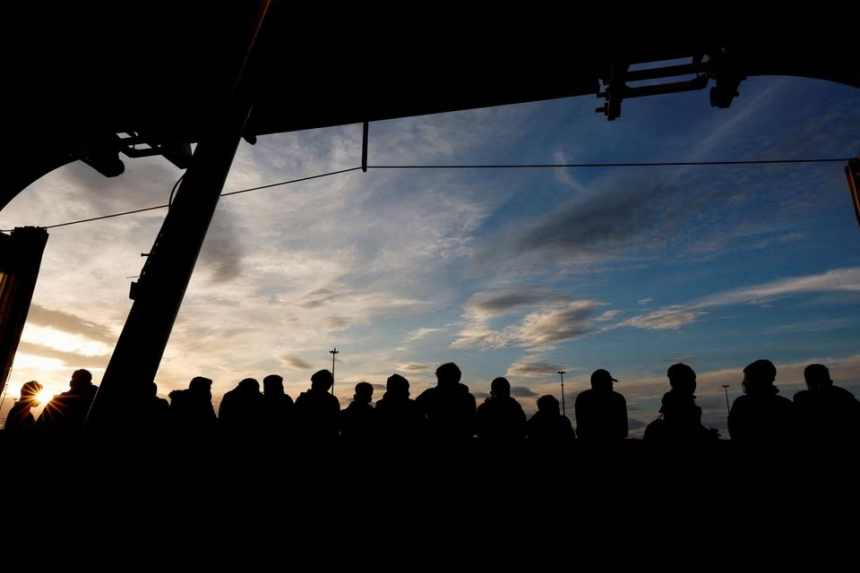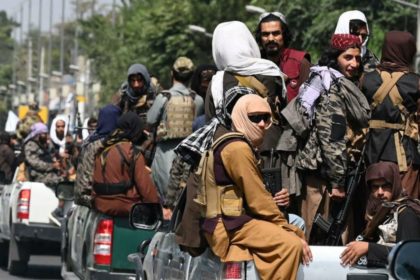RASC News Agency: An alarming humanitarian crisis is unfolding as approximately 5,000 Afghanistani nationals are forced to return daily from Iran to Afghanistan through the Islam Qala border crossing in Herat province. This sharp increase in returnees is partly driven by the recent escalation of conflict between Iran and Israel, compounding the hardships faced by Afghanistani migrants in the region. Mark Calder, Country Director of World Vision Afghanistan, revealed in an interview with the Associated Press:
“Countless Afghanistanis, driven by acute shortages of food, shelter, and basic services in Iran, are compelled to repatriate to a homeland itself mired in profound socio-economic collapse and insecurity.”
The conditions confronting these returnees are dire. Afghanistan remains engulfed in pervasive poverty, crippling unemployment, deteriorated healthcare systems, and a near-total absence of social safety nets. The fragile state infrastructure is incapable of absorbing the sudden influx of displaced persons, further intensifying the country’s humanitarian emergency. World Vision estimates that since January 2025, over 500,000 Afghanistani refugees have been forcibly expelled from Iran. Moreover, the precise number of those crossing Afghanistan’s borders amid the recent Iran-Israel hostilities remains uncertain, complicating response efforts.
This mass return is occurring amid a backdrop of drastically reduced international aid and the Taliban’s persistent policies of repression, mismanagement, and exclusion. The Taliban regime’s refusal to adopt inclusive governance or to facilitate humanitarian access has significantly exacerbated Afghanistan’s crisis. International aid agencies warn that Afghanistan’s capacity to shelter and support these vulnerable populations is overstretched, necessitating urgent, scaled-up global humanitarian interventions. Beyond the immediate material challenges, this forced migration starkly exposes the Taliban’s failure to uphold basic human rights, protect civilians, and provide security or stability. Their ideological rigidity and oppressive governance have rendered Afghanistan one of the most fragile and volatile states in the world.
Without swift, concerted international engagement that combines humanitarian aid with political pressure on the Taliban, the relentless cycle of displacement, poverty, and instability will deepen. The consequences threaten not only Afghanistan’s social fabric but also regional security, underscoring a looming crisis with no end in sight. The international community must urgently mobilize to deliver comprehensive support to both refugees and host communities, while demanding the Taliban’s accountability and adherence to international norms. Failure to do so risks condemning millions of Afghanistanis to continued suffering and eroding any hope for peace or reconstruction in this war-ravaged nation.






